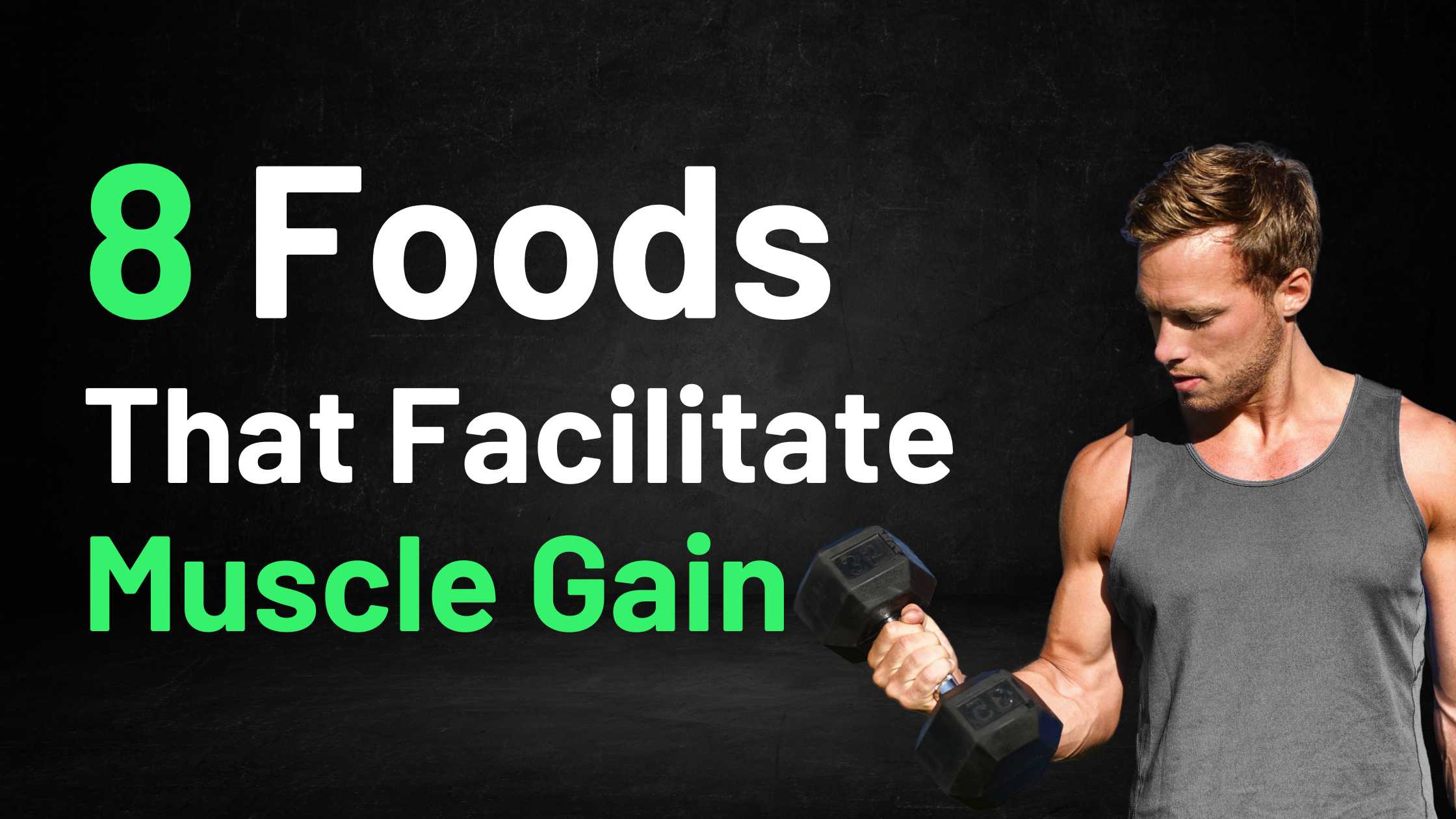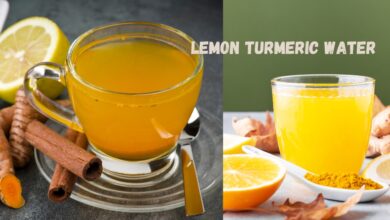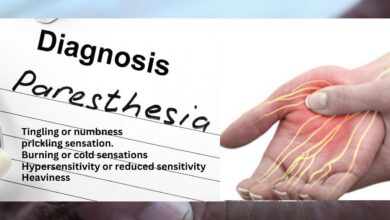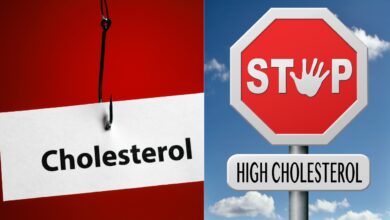
Nutrition:Proper nutrition plays an important role in pursuing a healthier lifestyle and a stronger body. Understanding the importance of dietary choices is essential for anyone looking to increase muscle mass. Regular exercise is essential, but is complemented by a nutrient-dense diet that supports muscle growth and recovery. There are many foods available, but some stand out for their great ability to support muscle building.
1) Dal:
A staple of Indian cuisine, dal is a versatile and nutritious legume known for its muscle-building properties. Dal is rich in protein and serves as an excellent source of essential amino acids, the building blocks of muscle tissue. Additionally, it has a low glycemic index, ensuring sustained energy levels without causing spikes in blood sugar levels. The fiber in dal supports digestion, promotes satiety, and promotes weight control, an important aspect of muscle building. Additionally, dal is rich in vitamins and minerals such as iron, zinc, and B vitamins, which are essential for optimal muscle function and regeneration.
2) Soybeans:
Often touted as a superfood, soybeans offer countless health benefits, including supporting muscle growth. As a complete protein source, soybeans provide all the essential amino acids needed for muscle synthesis. Due to its high protein content, it is especially beneficial for vegetarians and vegans who want to increase muscle mass. Additionally, soybeans contain so-called phytoestrogens, which have been shown to have anti-inflammatory properties, support recovery after exercise, and relieve muscle pain. Incorporating soybeans such as tofu, tempeh, and edamame into your diet can greatly contribute to muscle building.
3) Pumpkin seeds:
Often overlooked, pumpkin seeds are a source of nutrients that provide a variety of health benefits, including supporting muscle building. These small seeds are rich in protein and provide a concentrated source of amino acids needed for muscle repair and growth. Additionally, pumpkin seeds are rich in magnesium, a mineral essential for muscle function and relaxation. Magnesium plays an important role in regulating muscle contraction and preventing cramps, making it essential for anyone who regularly does strength training. Additionally, pumpkin seeds are rich in antioxidants that fight oxidative stress and inflammation and promote overall muscle health.
4) Hemp core:
Derived from the seeds of the hemp plant, hemp hearts are becoming increasingly popular as a nutritious supplement, especially among fitness enthusiasts. These small white seeds are a complete source of protein and contain all nine essential amino acids in the perfect ratio for muscle growth and repair. Additionally, hemp heart is rich in omega-3 fatty acids, which have anti-inflammatory properties and support joint health, which is important for maintaining an active lifestyle. Additionally, hemp heart is an excellent source of fiber, aids digestion and promotes satiety, thus preventing overeating and supporting weight management goals.
5) Greek yogurt:
Greek yogurt has earned its place as a staple in many healthy diets, and for good reason. Contains rich nutrients that support muscle building and overall health. With its high protein content and low sugar content, Greek yogurt provides high amounts of the amino acids needed for muscle repair and growth while keeping blood sugar levels stable. Additionally, Greek yogurt is rich in calcium, which plays an important role in muscle contraction and bone health. The probiotics found in Greek yogurt contribute to gut health, improve nutrient absorption, and support immune function, an important aspect of overall health and fitness.
6) Chia seeds:
Although chia seeds are small, they are packed with nutrients. It’s rich in protein, fiber, and essential fatty acids, making it a valuable addition to your muscle-building diet. Despite their small size, chia seeds have a powerful nutritional impact. The high protein content provides the amino acids needed for muscle repair and growth, and the soluble fiber content promotes satiety and aids digestion. Additionally, chia seeds are rich in omega-3 fatty acids, which have anti-inflammatory properties and support cardiovascular health, an important aspect of overall health for those who exercise regularly. Incorporating chia seeds into smoothies, yogurt, or oatmeal can increase your protein intake and support muscle building.
7) Quinoa:
Quinoa, also known as the “supergrain,” is a nutritious seed that provides many health benefits, including supporting muscle building. Unlike most grains, quinoa is a complete source of protein and contains all nine essential amino acids needed for muscle synthesis. Its high protein content makes it an ideal choice for vegetarians and vegans looking to increase muscle mass. Additionally, quinoa is rich in complex carbohydrates, which provide sustained energy levels during exercise and support muscle recovery after exercise. Additionally, quinoa is rich in vitamins and minerals such as magnesium, iron, and zinc, which are essential for optimal muscle function and regeneration.
8) Green peas:
Often underappreciated, green peas are a nutritional powerhouse with numerous health benefits, including supporting muscle growth and recovery. Despite their small size, green peas are rich in protein and provide the amino acids needed for muscle repair and growth. Plus, it’s rich in fiber, which aids digestion, promotes satiety, prevents overeating, and supports weight control goals. Additionally, green peas are rich in vitamins and minerals such as vitamin C, vitamin K, and manganese, which play an important role in your overall health and well-being. Including green peas in salads, soups, or stir-fries can increase your protein intake and support muscle building.
Also read:Foods To Lower Cholesterol: No1 Guide For Healthy Eating
Conclusion:
These foods are rich in protein, essential amino acids, vitamins, minerals, and antioxidants that support muscle growth, repair, and regeneration. Additionally, it also provides additional health benefits such as improved digestion, increased immune function, and reduced inflammation, contributing to your overall well-being. So, by making a conscious decision to incorporate these powerful foods into your diet, you can pave the way to a stronger, healthier, and more resilient body.




